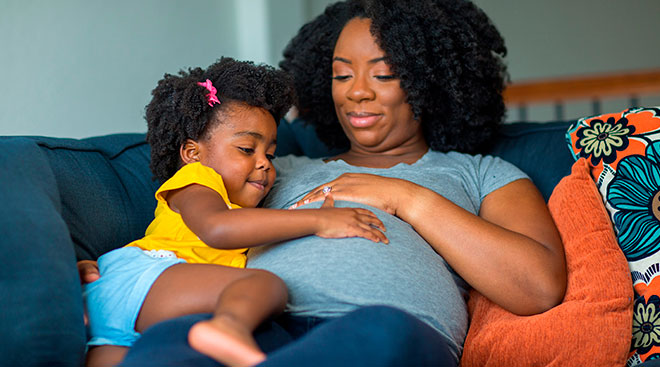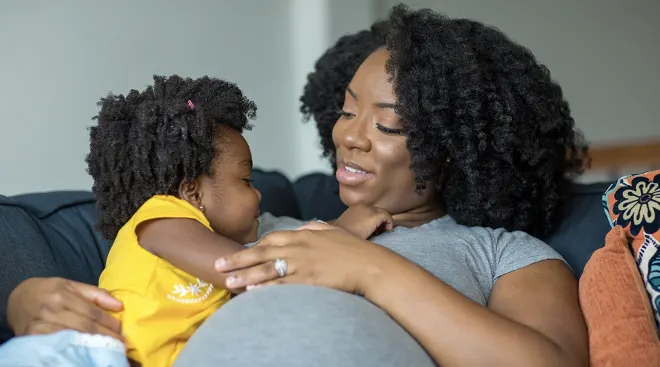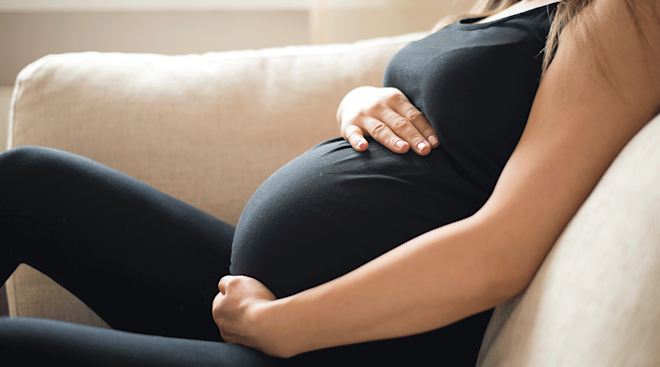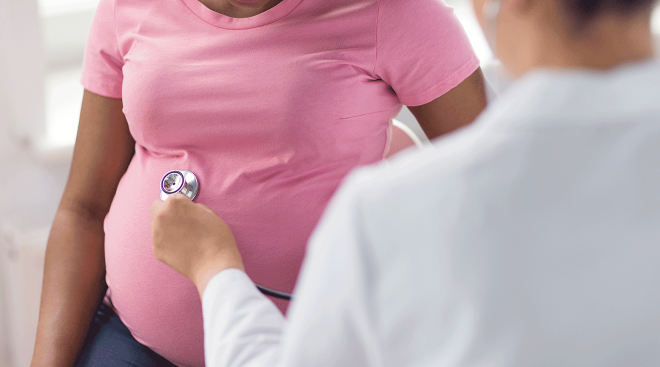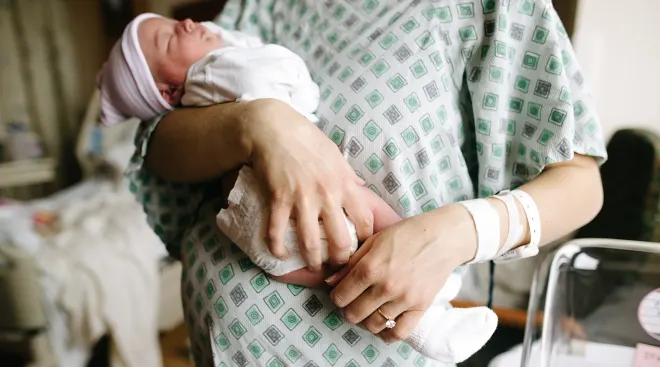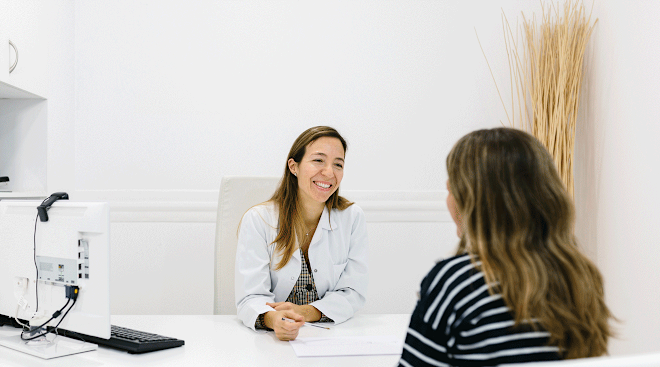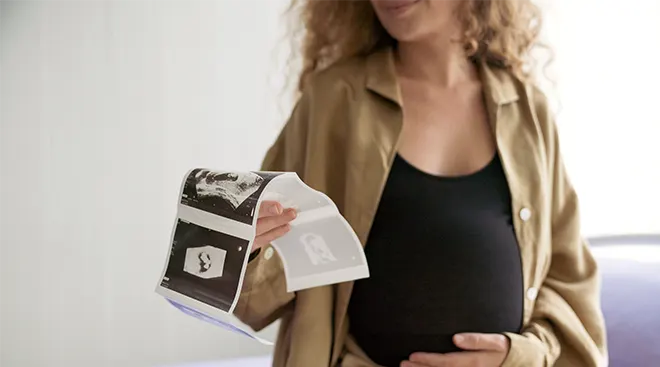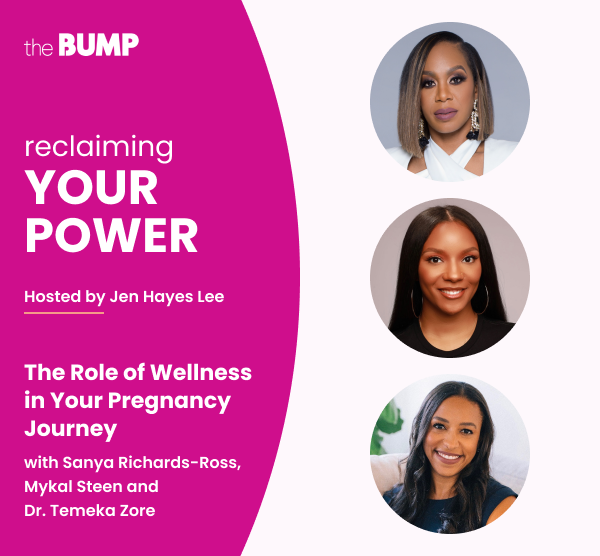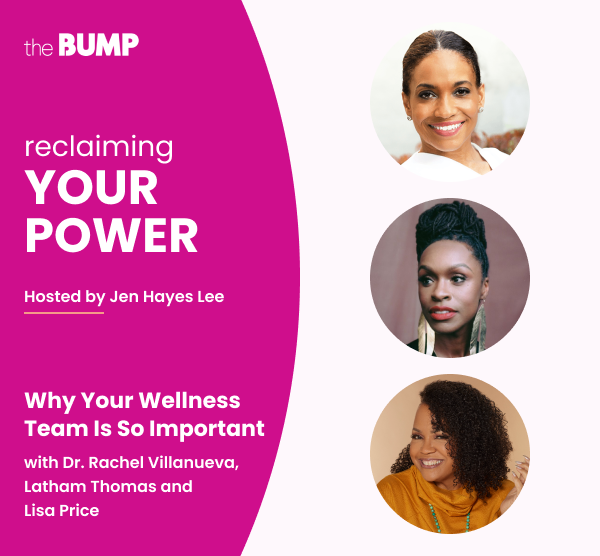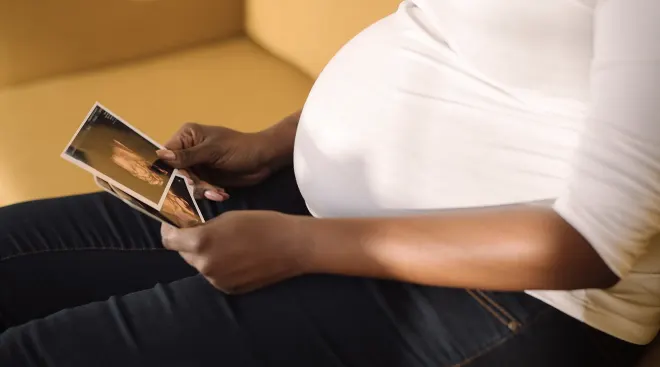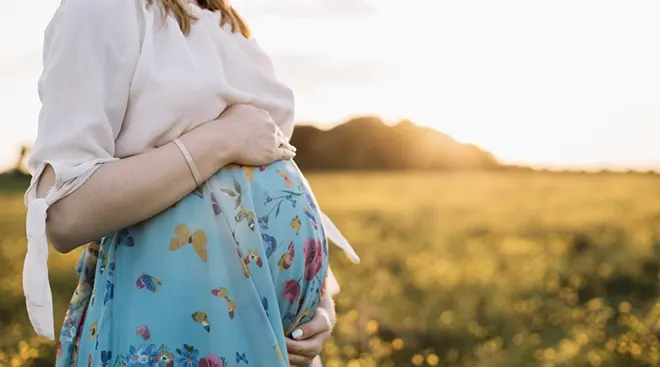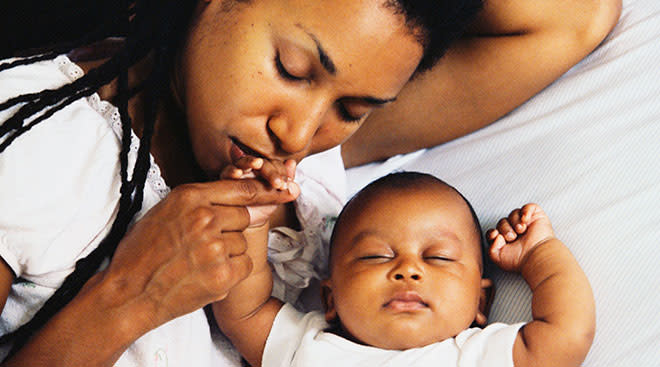San Francisco Is Giving $1000 to Pregnant Black and Pacific Islander Women
In a news release on Monday, September 14, Mayor London announced the launch of The Abundant Birth Project, a pilot program that will provide pregnant Black and Pacific Islander women with $1000 for each month of pregnancy and the first six month postpartum—no conditions attached.
The program, in partnership with Expecting Justice and led by Dr. Zea Malawa at the San Francisco Department of Public Health, is the first of its kind in the country. It will study the health impacts of providing people with targeted supplemental income during pregnancy and for six months postpartum. The goal of the pilot program is to help ease the effects of stress, of one of the biggest factors that negatively impacts pregnant people’s health, specifically in Black and brown women.
According to the program’s news release, in San Francisco, Black infants are almost twice as likely to be born prematurely as compared with White infants, and Pacific Islander babies have the second highest preterm birth rate. Additionally, Black families account for half of maternal deaths and over 15 percent of infant deaths, even though they represent only 4 percent of all births. Pacific Islander families face similar disparities.
“Providing guaranteed income support to mothers during pregnancy is an innovative and equitable approach that will ease some of the financial stress that all too often keeps women from being able to put their health first,” Mayor Breed said in the release. “The Abundant Birth Project is rooted in racial justice and recognizes that Black and Pacific Islander mothers suffer disparate health impacts, in part because of the persistent wealth and income gap. Thanks to the work of the many partners involved, we are taking real action to end these disparities and are empowering mothers with the resources they need to have healthy pregnancies and births.”
The project is a public-private partnership and has so far been funded with approximately $200,000 from the San Francisco Department of Public Health and over $1 million from philanthropic funds. The community was also involved in the development of the project, as Black and Pacific Islander mothers were part of the design team.
The project will work with local prenatal care providers and the city’s pregnancy support services to enroll 150 eligible Black and Pacific Islander women over the next two years. If successful, the goal would be to expand and provide supplemental income for up to two years post-pregnancy.
“San Francisco has seen lasting health disparities in the Black and Pacific Islander communities, which we cannot allow to continue,” Dr. Grant Colfax, Director of the San Francisco Department of Public Health, also said in the release. “The Abundant Birth Project addresses those disparities in a positive and active way, to directly benefit expecting mothers and their babies in those communities.”
According to the release, one theory of the disparities is due to the growing racial wealth gap in the city that was occurring even before the pandemic. The median annual household income for Black and Pacific Islander families in San Francisco is close to $30,000 and $67,000 respectively, compared with over $104,000 citywide.
“Providing direct, unconditional cash aid is a restorative step that not only demonstrates trust in women to make the right choices for themselves and their families, but could also decrease the underlying stress of financial insecurity that may be contributing to the high rates of premature birth in these communities,” Dr. Zea Malawa said in the release. “It is exciting to be in a city that not only calls out racism as a problem, but also takes steps to heal the wounds left by decades of injustice and anti-Black sentiment.”
Please note: The Bump and the materials and information it contains are not intended to, and do not constitute, medical or other health advice or diagnosis and should not be used as such. You should always consult with a qualified physician or health professional about your specific circumstances.
Navigate forward to interact with the calendar and select a date. Press the question mark key to get the keyboard shortcuts for changing dates.

































